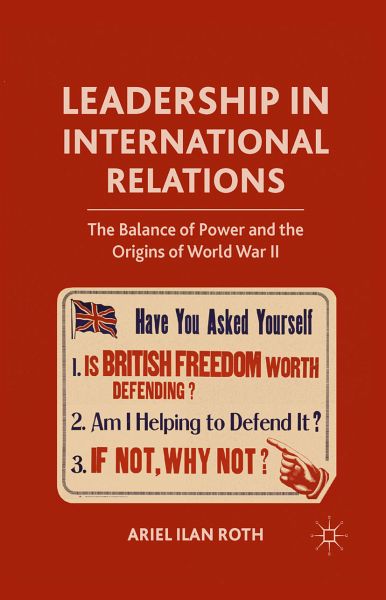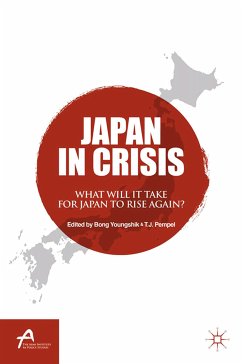
Leadership in International Relations (eBook, PDF)
The Balance of Power and the Origins of World War II
Versandkostenfrei!
Sofort per Download lieferbar
72,95 €
inkl. MwSt.
Weitere Ausgaben:

PAYBACK Punkte
36 °P sammeln!
Using the engaging case of British security policy between the world wars, this book argues that an effective balance of power, which is the key to a stable international system, is a deliberate act of policy and that leaders play a determinative role in building an effective balance.
Dieser Download kann aus rechtlichen Gründen nur mit Rechnungsadresse in A, B, BG, CY, CZ, D, DK, EW, E, FIN, F, GR, HR, H, IRL, I, LT, L, LR, M, NL, PL, P, R, S, SLO, SK ausgeliefert werden.












